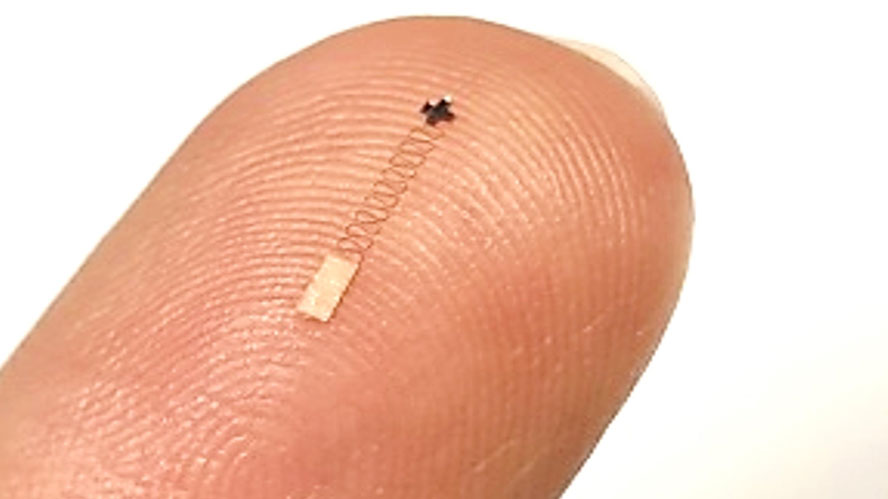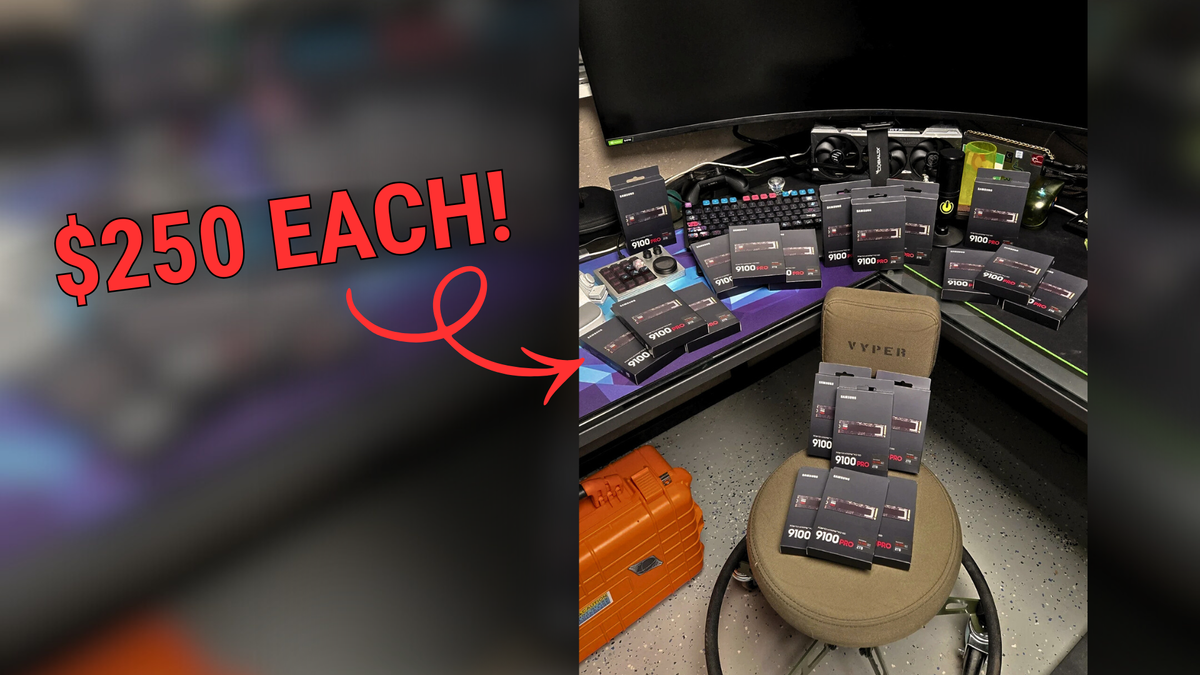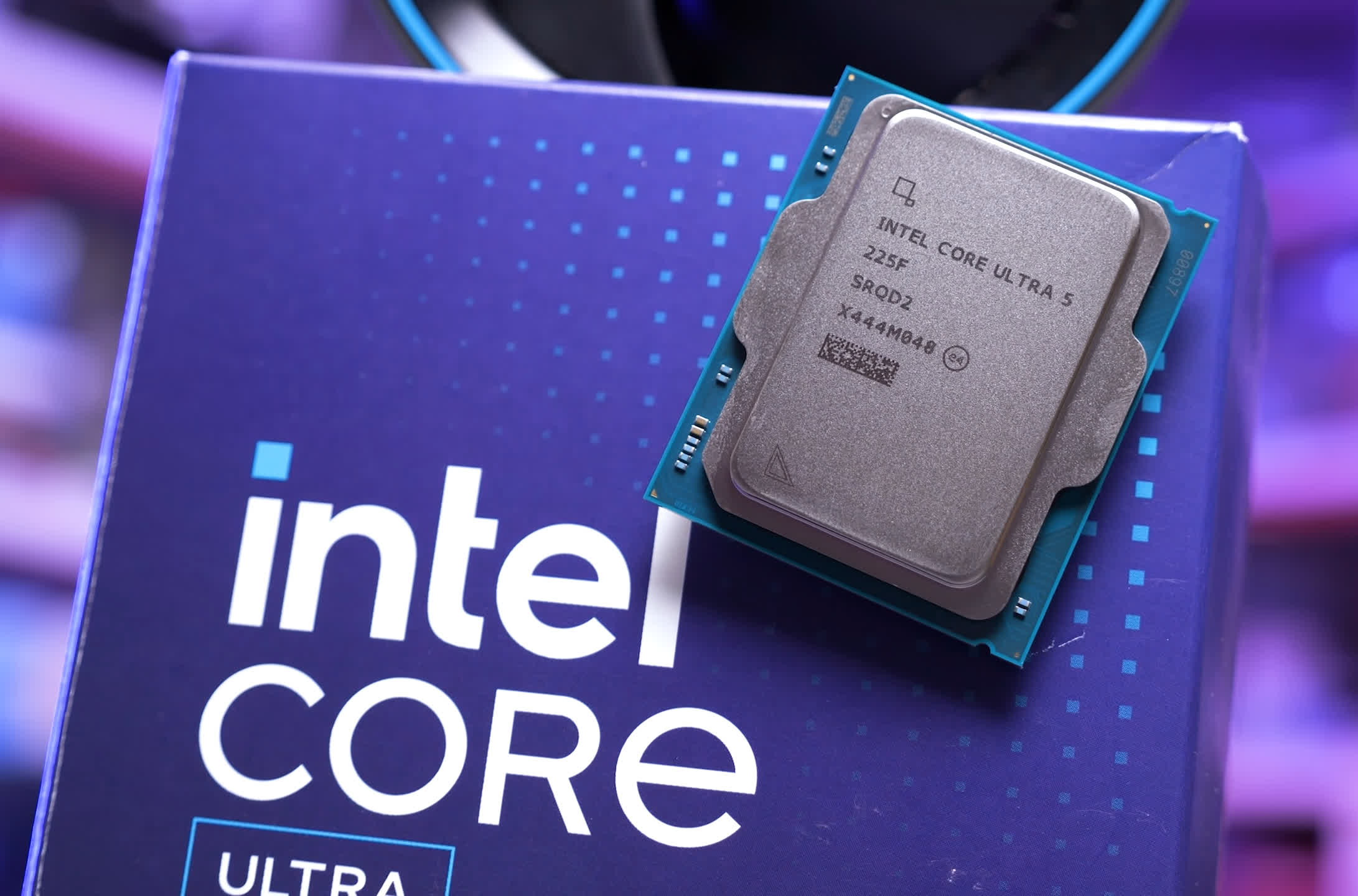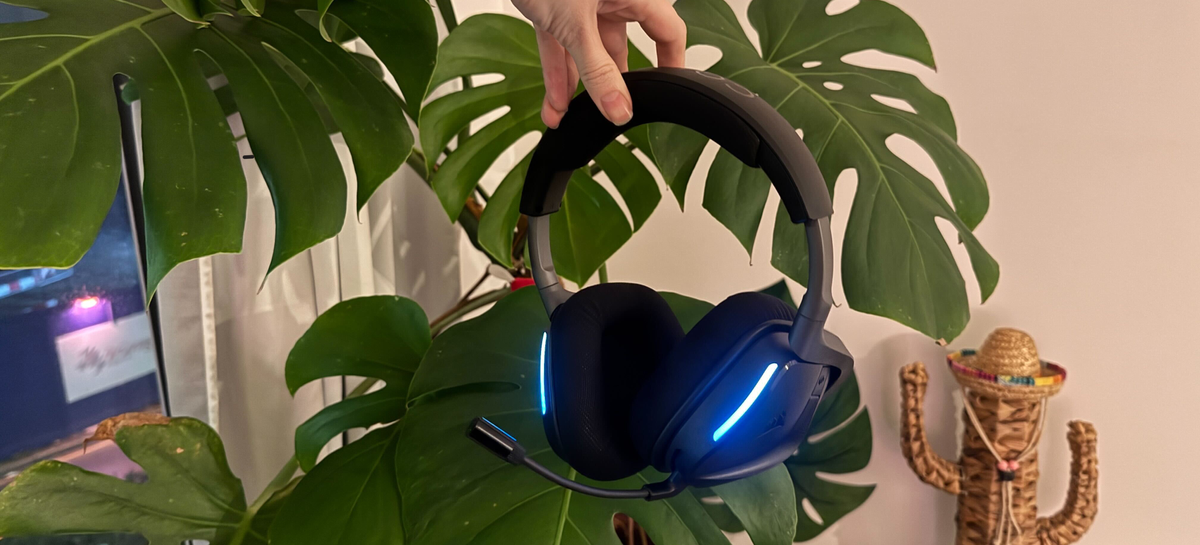Researchers from Georgia Tech have developed a tiny, minimally invasive, brain-computer interface (BCI). The device is small enough to fit between hair follicles, and need only be inserted very slightly under the skin. It is thought that this super-compact new "high fidelity" sensor will make continuous everyday use of BCIs a more realistic possibility.
For many tech enthusiasts and futurists, BCIs play a large role in the expected evolution of human interaction with tech. However, some of the most advanced BCI systems we know of today are pretty bulky and rigid. Look at Elon Musk's Neuralink implant technology, for example.
Hong Yeo, the Harris Saunders Jr. Professor in the George W. Woodruff School of Mechanical Engineering at Georgia Tech, decided to do something about this bulky invasive issue - while maintaining optimum impedance and data quality.
"I started this research because my main goal is to develop new sensor technology to support healthcare and I had previous experience with brain-computer interfaces and flexible scalp electronics," explained Yeo. "I knew we needed better BCI sensor technology and discovered that if we can slightly penetrate the skin and avoid hair by miniaturizing the sensor, we can dramatically increase the signal quality by getting closer to the source of the signals and reduce unwanted noise."

The Georgia Tech blog also mentions that this tiny new sensor uses conductive polymer microneedles to capture electrical signals and conveys those signals along flexible polyimide/copper wires. In addition to this naturally flexible construction the implant device is less than a square millimeter.
Half a day of usage
The tiny new hi-fi BCI might have one major drawback for certain applications. It only has a useful life of approximately 12 hours. So, perhaps we should think of it as a disposable, occasional use device.
In Georgia Tech field tests, six subjects used the new device for controlling an augmented reality (AR) video call. They used the BCI to "look up phone contacts and initiate and accept AR video calls hands-free." It proved to be 96.4% accurate in recording and classifying neural signals. However, the high-fidelity neural signal capture persisted only for up to 12 hours. Georgia Tech researchers stressed that during the half day, subjects could stand, walk, and run – enjoy complete freedom of movement, with the implant in place.
Perhaps we shouldn't get too excited about the possibilities of BCIs unlocking super-human powers, though. Recent research suggested that human thought runs at a leisurely 10 bits per second, so we might also need a brain overclocking upgrade to make the most of an advanced BCI's potential...

 8 months ago
23
8 months ago
23









 English (US) ·
English (US) ·